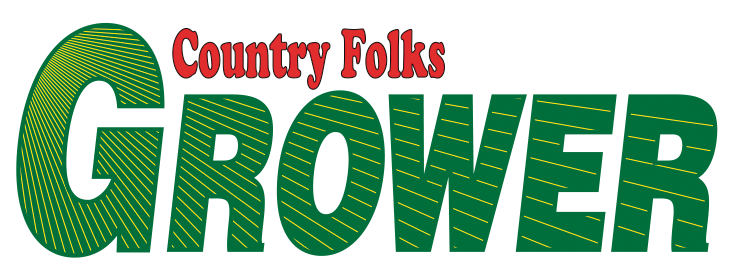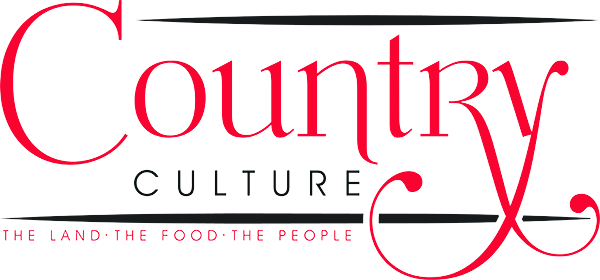Each year, the New England Green Pastures Program recognizes a dairy farm in each of the New England states. In spring, farms are nominated for this prestigious award and judged on many factors: herd management, milk production and animal performance, business management, crop management, forage quality, nutrient management, environmental impact, community involvement and public image.
The judges then choose their finalists, tour their farms in summer and decide the winners, who are recognized at the Big E. The winners then serve as judges for the program for the next three years.
Being nominated for this award can seem intimidating, but the leaders of the Tri-State Dairy Exchange broke down the process during a recent webinar.
Tri-State Dairy Exchange leaders Dr. Glenda Pereira from UMaine, Dr. Sarah Allen from UNH and Whitney Hull and Amber Machia from UVM interviewed the 2024 Dairy Farm of the Year winners in their three states. Allen hoped the conversation would “provide some insight into the program for those that are considering nominating a farm, or if a farm has been nominated and is considering participating in the program.”
The 2024 Dairy Farm of the Year winners were Scotch Burn Farm (VT), Contoocook Creamery at Bohanan Farm (NH) and Caverly Farms (Maine). Ethan Nelson represented Scotch Burn Farm, where they currently milk 250 cows. Nelson was proud to announce they had a company visit their farm last year to conduct a cow comfort assessment. The company recommended increasing the water drinking space in the barn and improving their free-stall layout, both of which resulted in positive feedback from the cows.
Nelson said, “It’s kind of easy to overlook things” on your own farm, but having someone come in and assess your cows was “a good experience” for them.
Scotch Burn Farm also adopted a SCR system, which has “really increased our reproduction, and it’s nice to just have an extra eye on animal health.” They plan to incorporate their pre-weaned calves into the SCR system, as Nelson “can’t see a downside to doing that.”
Jamie Robertson represented Contoocook Creamery at Bohanan Farm, a fifth-generation family farm, currently milking 125 cows. Robertson said on the farm, they “like to concentrate on forages” but have recently been able to grow most of their own high-moisture corn. This has been their third year combining, grinding and packaging their own corn. They also invested in a front-mount mower and tractor “so that we can get haylage up a little quicker this spring” and continue to process and market their own milk.
Neal Caverly spoke for Caverly Farms, a third-generation farm milking 550 cows. The Caverlys recently added tracking collars to their herd, and they’ve seen “a huge increase in reproduction” – and now have “more heifers than we really need.”
A few years ago, they began applying a double shot of fertilizer to their grass, which has “really increased our yield of our first crop and second crop grass.” The Caverlys also plan to bring their manure to a digester on the farm next door, to make natural gas and liquid manure.
When asked about the process of participating in the program, Nelson described it as “a positive experience” that was “well organized.” He explained that as a farmer, “you’re always trying your best but you never know if you’re doing it right.” He finally felt he was doing it right when he won this award. His town of Ryegate, VT, was very supportive and proud of the farm’s achievement, as “we all kind of support each other.”
Robertson and his family took “quite a bit of pride” in their nomination. Robertson found the process to be “pretty smooth” and other than “cleaning up the farm” to make it more presentable, there wasn’t too much extra work they had to do.
Caverly was proud of his nomination, and worked hard to go above and beyond for his farm tour. He asked his farm’s agronomist and nutritionist for some topics to discuss during the tour and made a packet for all of the judges to take home. Caverly was honored to get “all the congratulations from… fellow farmers and industry people.”
For both Robertson and Caverly, the one challenging/tedious part of the process was getting all of their farm members on the farm at the same time.
As a judge for the program for the new three years, Nelson looks forward to seeing “so much pride and hard work from everybody” and seeing other farms “proud of what they have to offer.”
Robertson thinks “a really cool thing about agriculture is we all do it differently and succeed at different things.” He is eager to learn how each farm is different from the others, and Caverly is hoping to see farms using new technology to better their systems.
These three 2024 winners highly recommend farmers participate in this program. Nelson assured “it was made fairly simple” for farmers to participate, and Robertson described it as “painless.”
Getting recognized for your hard work is so important, and “it is really important for the public to see good farms that represent the state well,” added Robertson.
Caverly stressed the importance of not giving up, as his farm had been nominated for this award about 10 years prior but didn’t get selected. But they never stopped trying. He believes farmers “need to do a better job of promoting ourselves.”
At the end of the day, “that’s kind of some of our job as farmers – to make sure that we try and promote our industry,” added Robertson.




